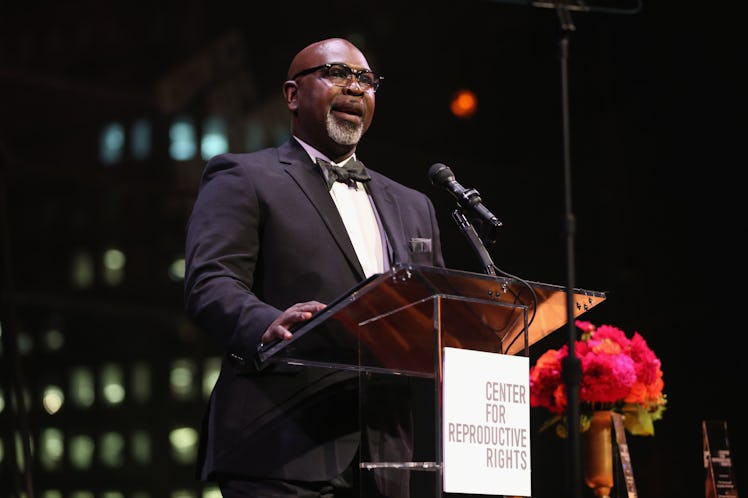
This Is What The Alabama Election Means For Women, According To An Abortion Provider
On Tuesday, Dec. 12, in a surprising turn of events, Democrat Doug Jones won the special election for Alabama Senate. The race was incredibly close up until it was called at about 10:30 p.m. ET on Tuesday night. One of the major issues debated throughout the campaigning was abortion, a controversial topic in a historically conservative state like Alabama. I spoke with Dr. Willie Parker, an abortion provider, about what the Alabama Senate election means for abortion and reproductive rights in the state and beyond in an interview for Elite Daily.
Parker is an Alabama resident who voted in the election on Tuesday and is among the very few abortion providers in the state. He didn't believe Jones would win when he went to vote, but he figured that "nothing beats a fail but a try." When the results came in, he was "pleasantly surprised and relieved," especially as the race "represented the opportunity for us to continue to fight for reproductive rights for women."
While allegations of sexual misconduct towards teenagers swirled around Republican candidate Roy Moore, many analysts predicted that Republican voters would still vote for Moore because of his anti-abortion stance — and because Jones has voiced support for reproductive rights. (Moore has denied allegations of any wrongdoing.)
"At the end of the day, the people who needed to turn out and vote were not dissuaded by the fact that most elections have turned on that issue," Parker says, noting that people of color made up a large portion of the Jones voters. "Even when people vote inside the state and outside the state try to make abortion the issue, the people who understood the importance of the election were not deterred."
"The government is by the will of the people, and if the people will participate, then we can see the policies that we need to see that reflect the best interests of everyone here," Parker says.
Parker hopes Jones hits the ground running once he takes office. When it comes to abortion and women's health policies, Parker says he has the same wish that he would have had if the Republican had won: "I expect people to allow policy to be driven by evidence, and not anecdote." That's an expectation that's not always a given when it comes to abortion, which is often restricted (by Republicans) by state laws that have no basis in health or scientific evidence.
"[Jones] has to make it clear that abortion is legal, and that in Alabama, like every other place in the country, we have to honor the law of the land. He also has to make sure, as I heard him say in campaign speeches, that we make the need for abortion less," Parker says. Parker also hopes that, in spite of recent state history, Jones proves "there’s nothing mutually exclusive about being the senator from Alabama and also being supportive of reproductive rights."
Despite these hopes, as an Alabama voter, Parker wants Jones' time as senator to be about more than abortion — especially because "people will try and defeat him by painting him as a pro-abortion politician." Instead, Jones should be doing what's right for the state as a whole.
Ultimately, it was the "will" and "resilience" of the people who showed up to vote that gave Parker the most inspiration from the election results. "I’m glad that people didn’t just stay home and say that a Democrat could never beat a Republican in Alabama," he says. Parker hopes that the results show people that "if you will engage, and do it in a sustainable way, there’s nothing that’s impossible politically."
"What I hope is that people who are in support of reproductive rights and reproductive justice were inspired to engage and dig deeper so that we can have the change that we want to see," Parker says.